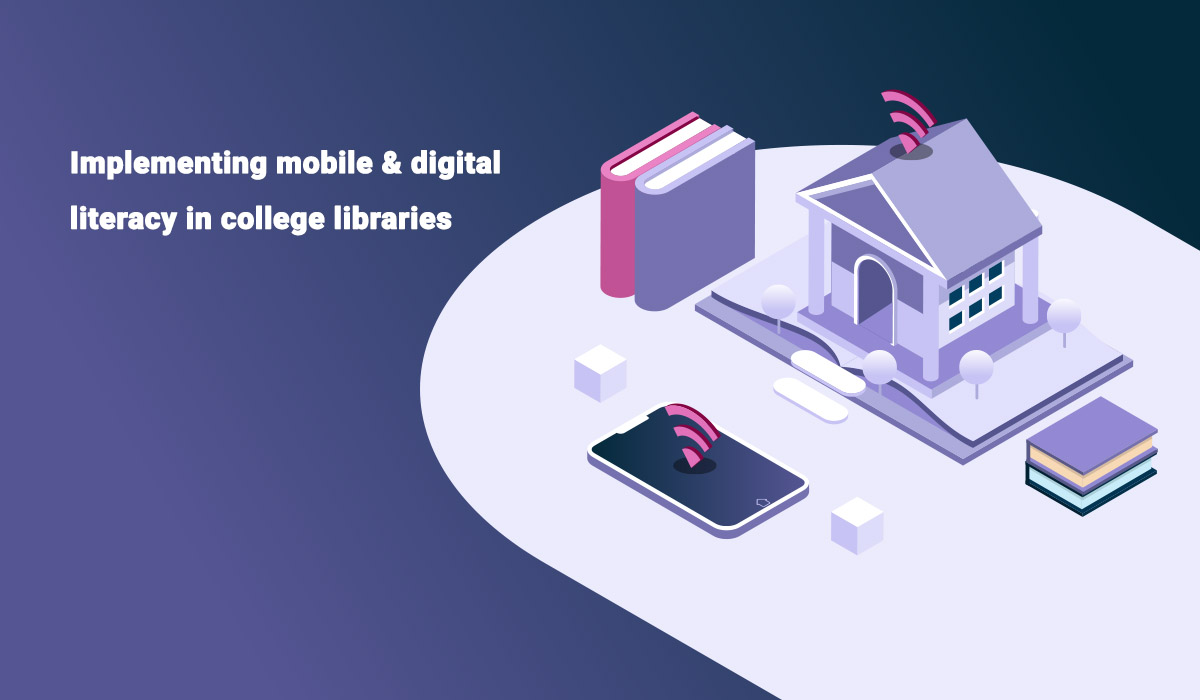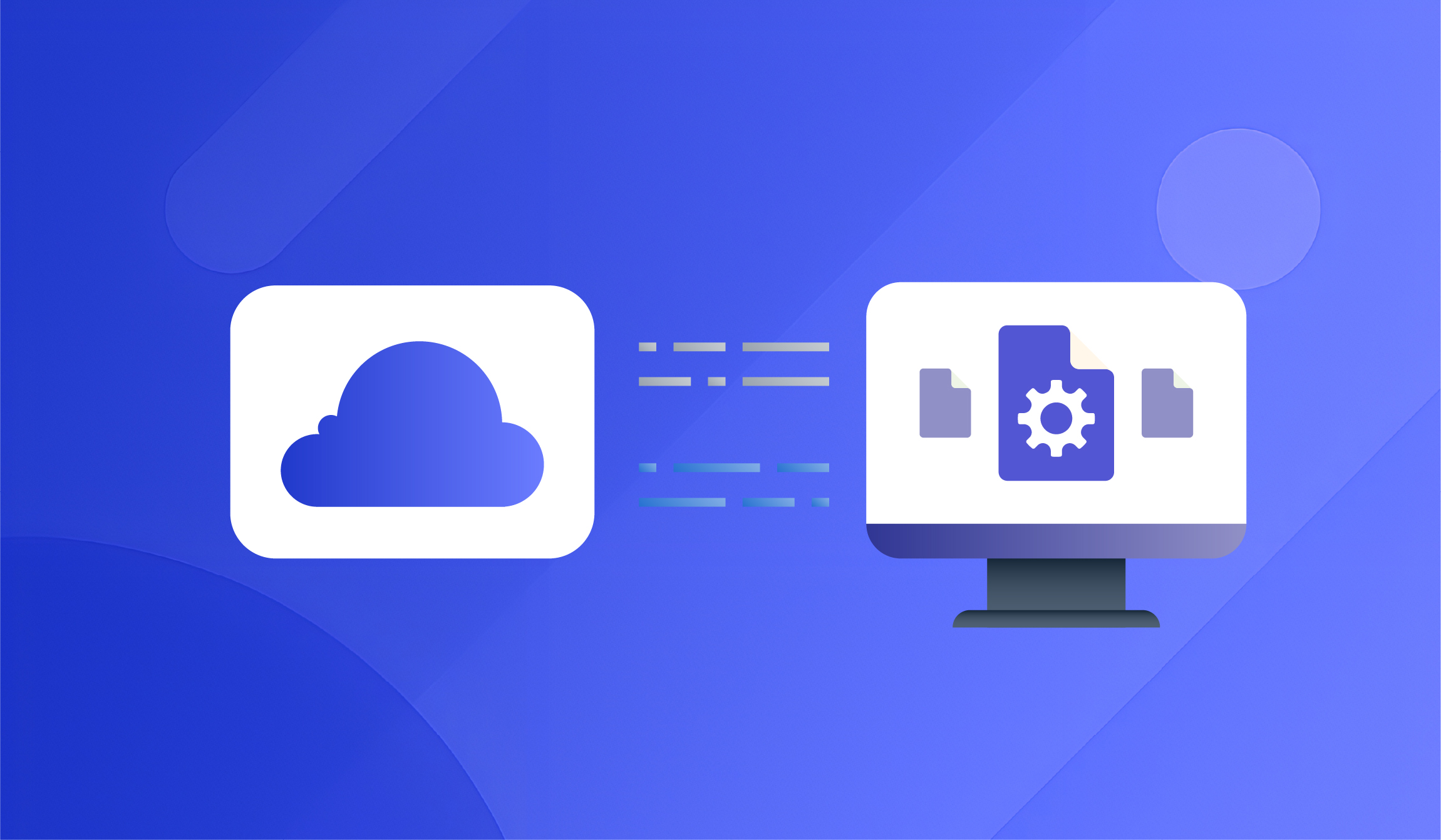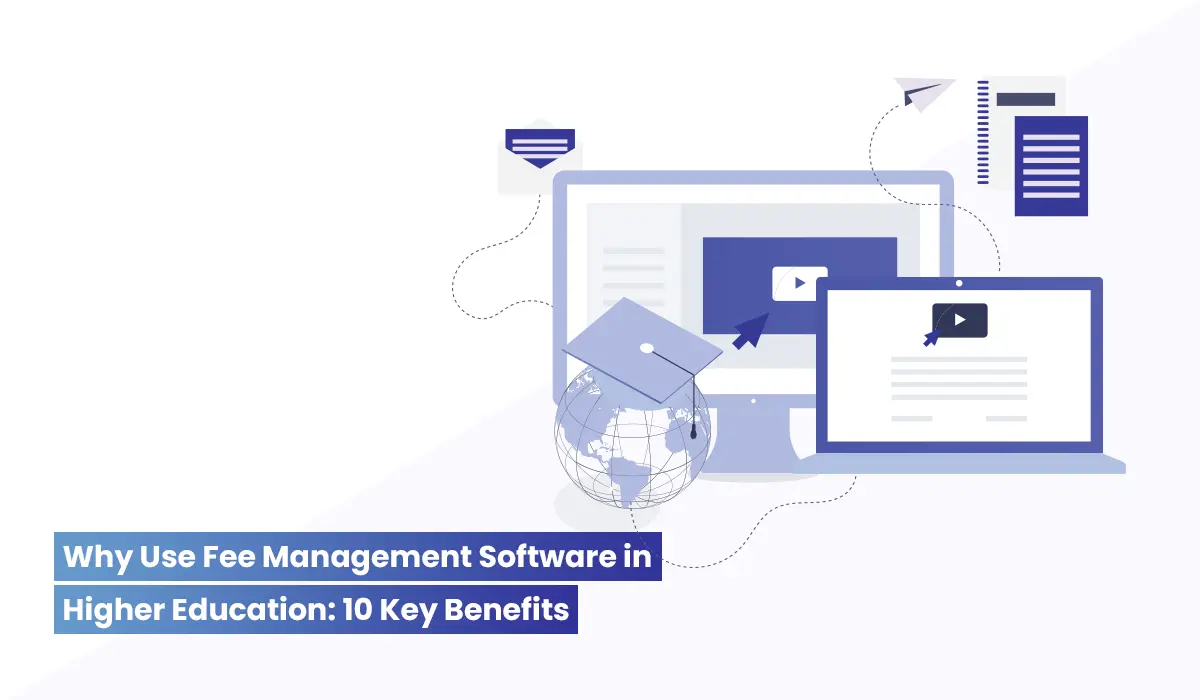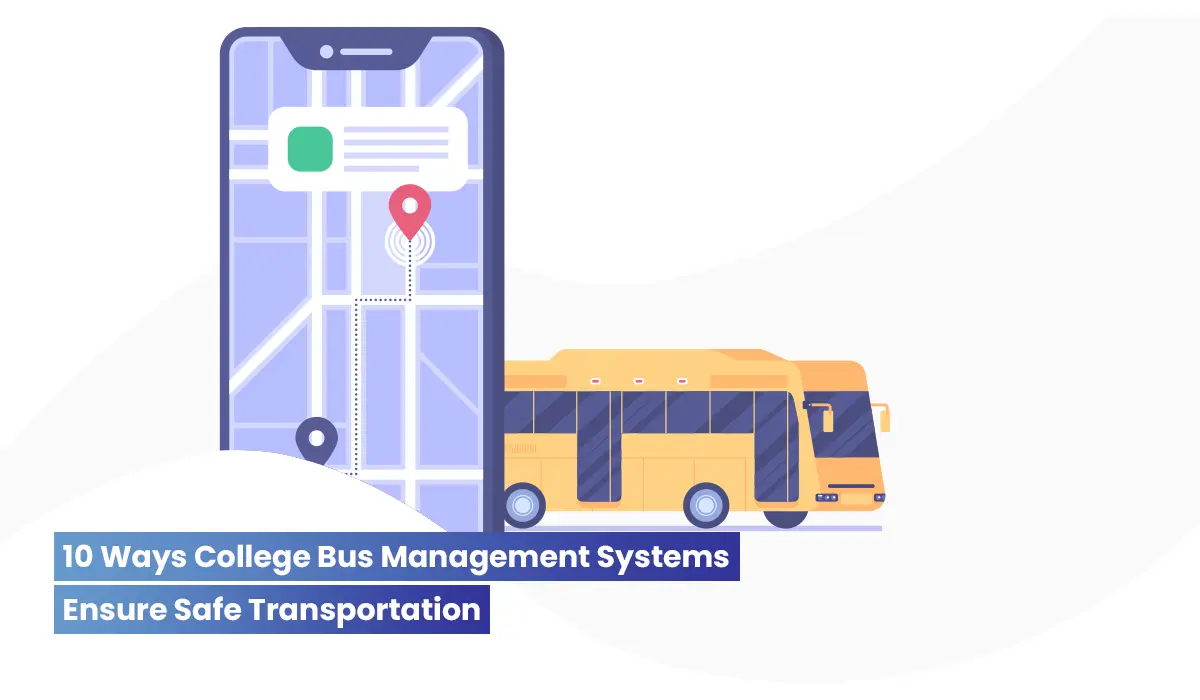Implementing mobile & digital literacy in college libraries

Colleges and universities are one of the largest consumers of digital devices. The academic processes are paper-intensive and thrives on manual work, and it is harder to manage. Higher education institutions are implementing automated processes in a completely mobile and digital environment to eliminate the flood of paperwork and address specific problems and challenges unique to education.
Digital literacy was initially focused on gaining knowledge and skills using desktop and laptop computers. Digital literacy has made a paradigm shift to cloud, smartphones, tablets, big data analytics, elearning, RFID, Biometrics and fourth generation communication and storage that will transform higher education. This will empower students, faculty, librarian and staff to achieve academic competencies and skills to search, access, analyze and update information in the fast-tracking digital environment.
Catalog Search
Like any educational institution, university libraries circulate an incredible amount of record of various categories such as books, magazines, journals, reports, photos, videos, and many more.
Quick catalog search by author, title, subject and keywords with advanced search capabilities provide a quick and easy way for students to search the library collections and check the status in real time from website and mobile devices. User can add more fields for entering data of library resources.
Acquisition
Librarians can use the college library management system to purchase, receive, compare quotations, request for proposals and invoicing materials.
Circulation
Enable librarian to configure rules for issues, returns, renewal and fine collection in the library. The librarian can generate member ID cards using barcode/QR code and quickly check-out library items.
Events Calendar
Librarian can plan and schedule events using online calendar and share the information with members.
Reports
Administrators can generate a variety of reports on library activities including issues, returns, members, transactions, resources, etc. to facilitate decision-making.
Notifications
Librarian can send automatic alerts and reminders via email, SMS alerts and push notifications on library issues, returns and dues to members.



